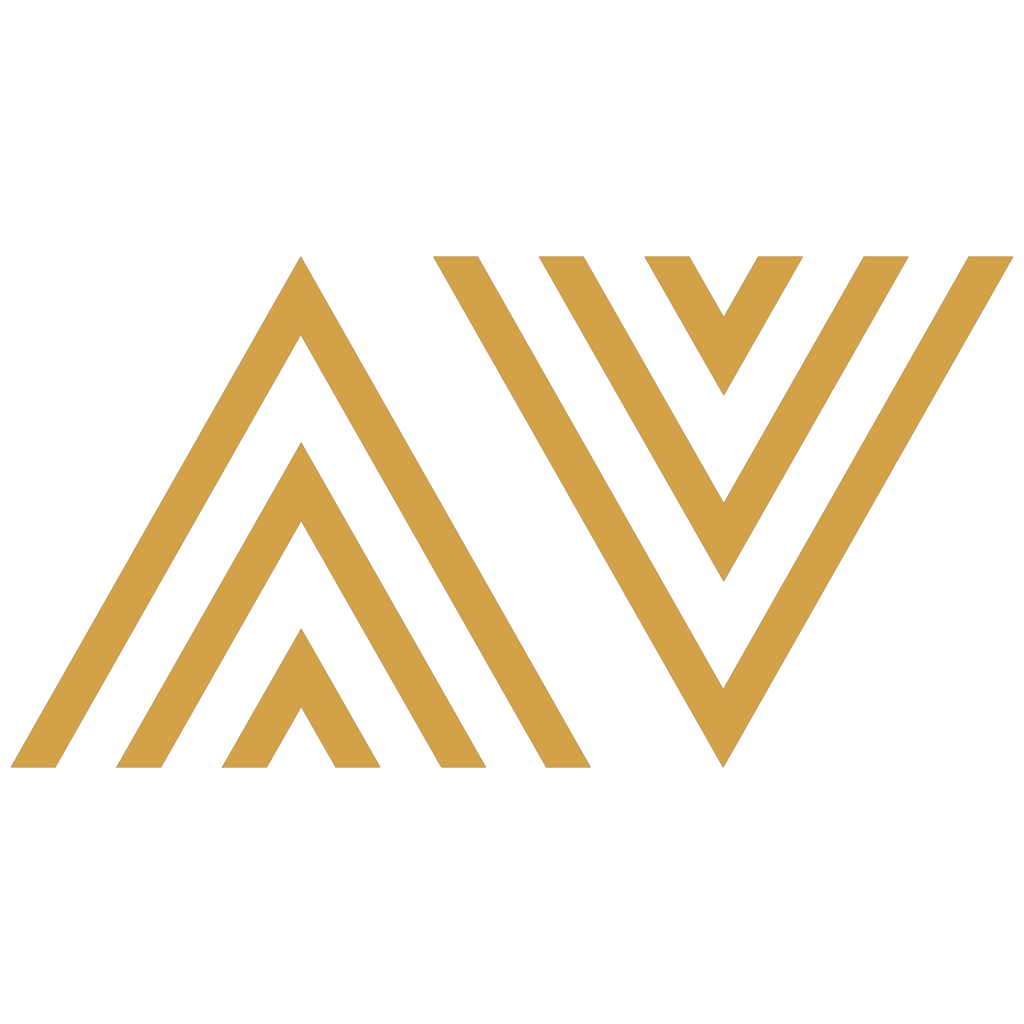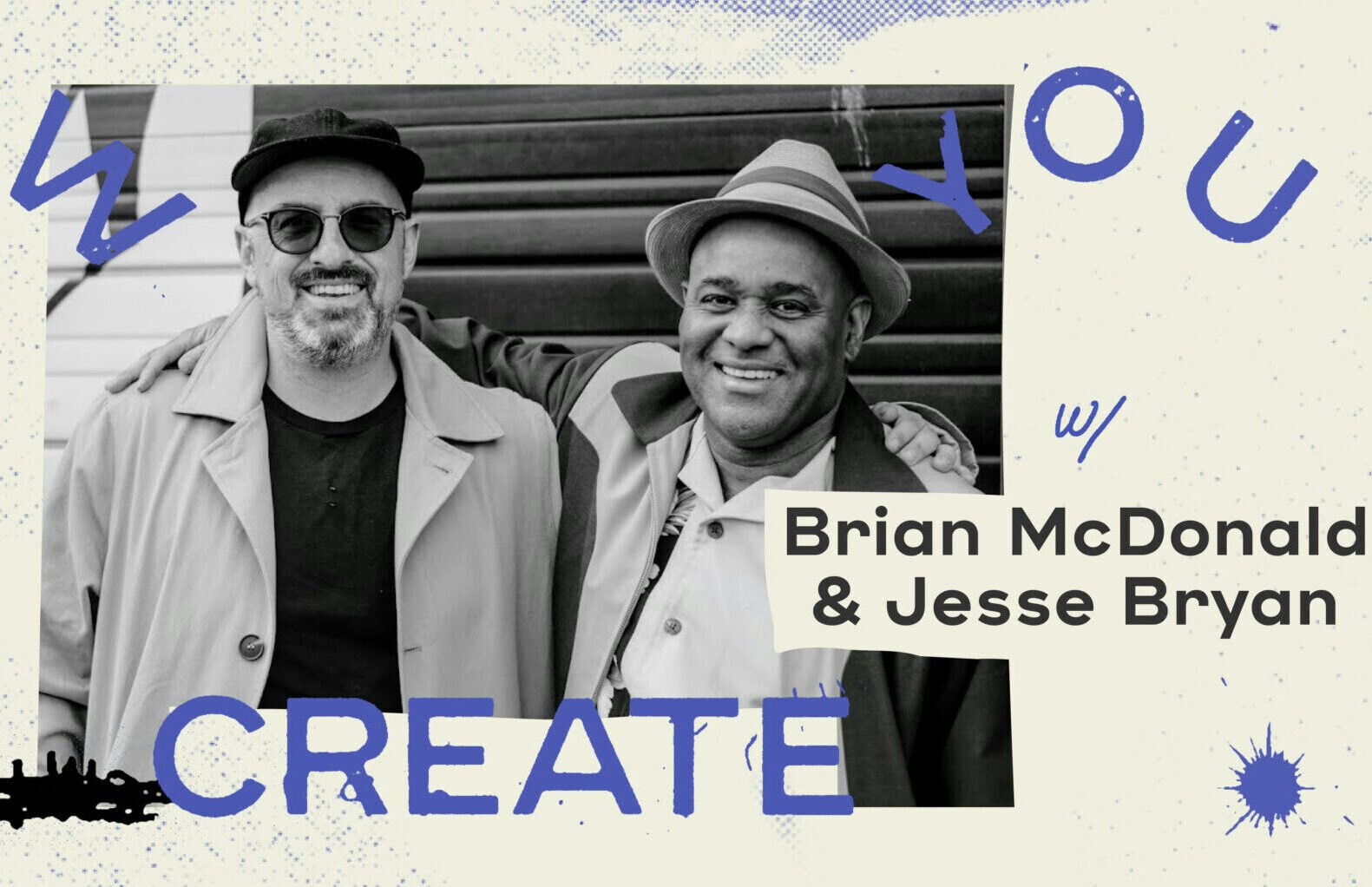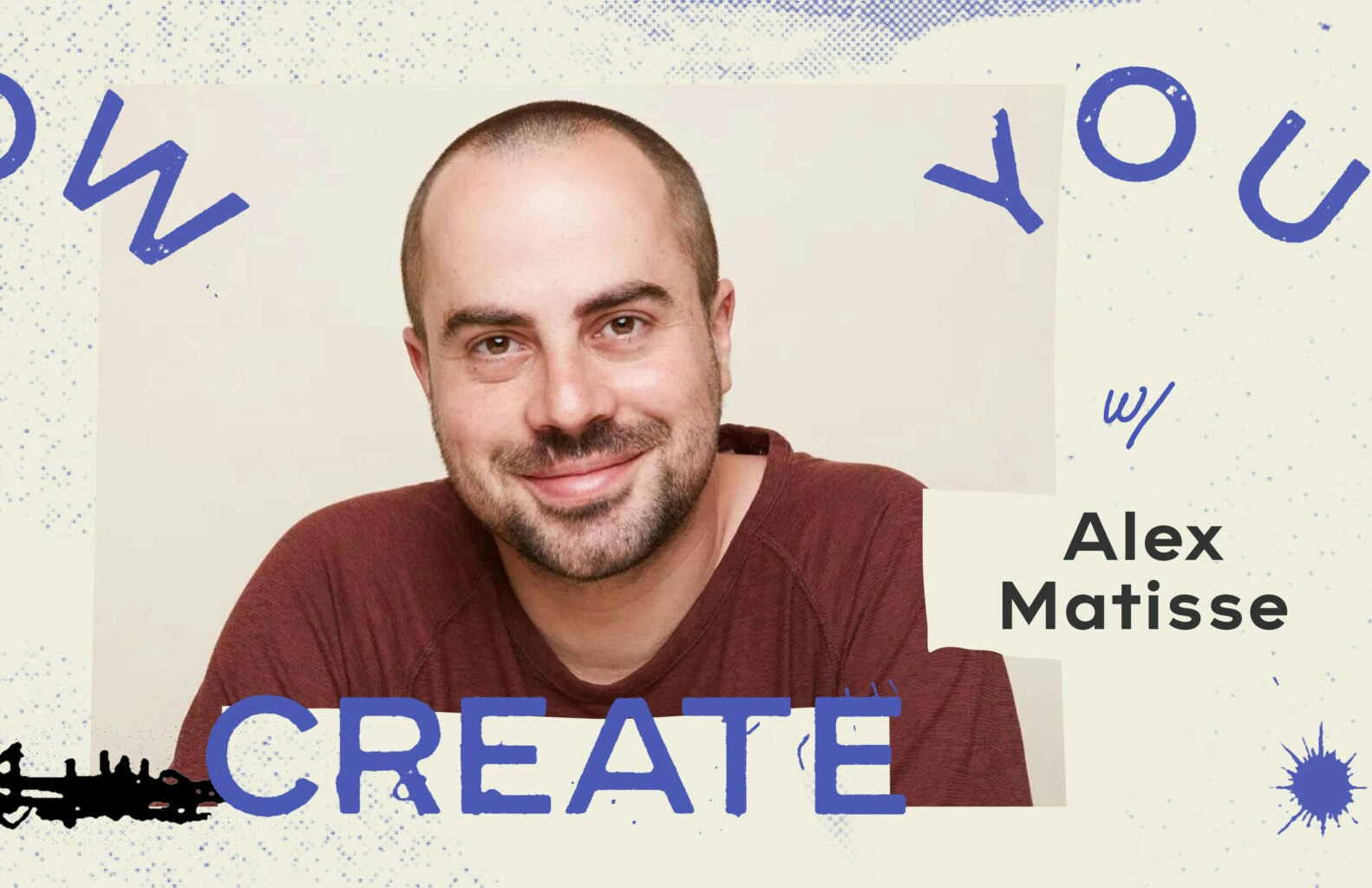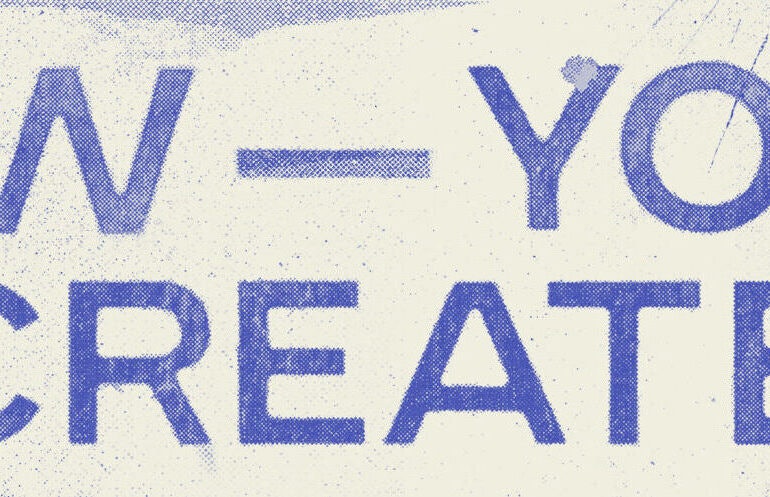VSCO Voices – Maegan Houang
Together with VSCO, we’re excited to feature our VSCO Voices grant recipients. The program supports five creators with mentorship and funding to help them give voice to marginalized communities in the United States through art. This year’s theme, Home, drew many wonderful applications and we are excited to be interviewing each creator that was selected for this year’s cohort to learn more about them and their projects.
In this fourth feature we talked to VSCO Voices creator Maegan Houang. Maegan is a writer and director based in Los Angeles, California. Her project, IN FULL BLOOM, is a surrealist short film that takes place in one woman’s home. It explores how the death of a partner leads to unresolved trauma and severe mental illness. Through this story, Maegan hopes to shed light on the unique circumstances that affect Vietnamese Americans and particularly older individuals within the community.
We spoke with Maegan about her ongoing project, what she is learning, and advice she would give to others. Here is what she had to say.
Can you describe your creative journey?
For a long time, it was hard for me to admit to myself that I wanted to be creative person, and specifically, write and direct films. Growing up, my childhood was largely focused on math and science and it never occurred to me that filmmaking could be a real career.
I chose Wesleyan University because it had a strong science program and I intended to major in Physics or Physical Chemistry. But my mom encouraged me to take a Film Studies class, probably because I spent so much of my time as an only child watching movies, and I discovered how much I loved analyzing them. Unlike other film programs, Wesleyan’s film program is focused more on Film Studies rather than film production. My first introduction to film-as-something-serious-people do was primarily focused on film history, formal analysis and simply watching movies. It wasn’t until I finally got to pick up a 16mm Sight and Sound that I realized maybe instead of studying them, I could make them, too.

After I finished my Masters in Film Studies I moved to Los Angeles to pursue the classic Hollywood assistant track to try to make it in the business. A lot of alumni I met told me that because of my other degree in Mathematical-Economics I would make a great “line producer” or a great “executive.” People always seemed surprised when I told them I wanted to be a director and I started to wonder if those presumptions were based more on the stereotypes my appearance as an Asian American woman conjures or because of my somewhat reserved personality. No part of me wanted to be a line producer or an executive so I decided to start directing my own work, often primarily self-financed via savings from working as an assistant.
I’ve found that it’s key to embrace rejection and keep finding stories and moments that feel emotionally authentic.
I often think the hardest part of pursuing a creative path is simply committing to it. We often want permission as artists, perhaps especially as women. But I’ve found that it’s key to embrace rejection and keep finding stories and moments that feel emotionally authentic. The worst thing anyone can tell you is no. You have to make yourself believe that someone, somewhere will give you a yes.
What’s the project you are working on for VSCO Voices?
I directed a surrealistic short film I wrote about an older Vietnamese immigrant overcoming the loss of her husband entitled In Full Bloom. The story is a bit wild – the main character, played by the great Kieu Chinh (The Joy Luck Club) orders mischievous worms to help her grow a rare flower, but they end up forming a black hole that absorbs all her cherished belongings. We are using stop motion animation combined with live action to depict the worms and used all practical effects (with VFX cleanup) to convey the hole.
Why is working on this project important to you?
Even though I’ve never directly experienced what happens in the story, the film is incredibly personal to me. The emotional core of the story is based on my own various experiences dealing with loss – whether it’s the death of a loved one or losing contact with someone incredibly important. It’s also an examination into the world of someone who lives with severe mental illness. The main character is both a hoarder and agoraphobic and fears the outside world. Ultimately, it’s only through the intervention of something unbelievable – worms and a big black hole – that can force her to change.

The project is also important to me because I often crave more visually ambitious and surrealistic stories. As a director, I believe it’s my duty to create films that I’m missing, to make the movies that I want to see. And for me this really felt like an opportunity to do something that could only be made by me, which is always a great feeling.
What have you learned so far working on this project?
Practically speaking, I’ve learned a tremendous amount about working with both VFX and animation – two things I had very little experience with before the project started. The process solidified my belief that films are made in pre-production and as a director, there’s no such thing as too much planning. Given that film has a high economic barrier to entry, making anything always teaches me so much about how to improve my ability as a writer and a director.
I’ve also learned how lucky I am to have such outstanding collaborators who have truly had my back at every turn. It was a hard shoot and a long process, but my friends and collaborators really showed up when I needed them and we got the film done. I’m an inherently self-loathing person and sometimes it was hard for me to accept that so many people wanted to work on this film – often for little to nothing or free – just because they believed in it so much. I’m truly so grateful to everyone who helped me put this little film together.
What kind of impact are you hoping this project will have on you personally and for the community you’re serving?
I hope the film encourages people in the Asian American communities to better explore mental illness and trauma in storytelling, even if in a hyper-stylized way. Many people in the Asian American community don’t believe that mental illness is an illness and fail to take it seriously. Even though the main character’s mental illness isn’t mentioned explicitly in the film or may seem extreme, I hope it makes people think about the downsides of failing to talk about past trauma and intergenerational trauma that many immigrant communities experience.
I wrote this script three years ago and it’s truly unbelievable to me that it’s almost a finished film. I’m not sure how I will react to having it out in the world and no longer just a fantasy in my head, but I hope the film inspires other people to make something they want to make – even if it seems crazy, surreal and impossible to do.
How might creators be a force of change?
Creators are an essential part of our society that can help us see how and when we need to challenge and rethink the world. I remember when I was watching Season 2 of The Knick, which is a period show set in 1901, and one of the main characters visits Chinatown in San Francisco. She speaks to a Chinese-American doctor across a fence and I immediately noticed that he didn’t speak with an accent. I started crying. It was honestly the first time I’ve seen an Asian American character in a period piece speak with perfect English. It sounds like such a small moment, but the choice to be truthful to the idea that Asian Americans have lived in the Americas since the beginning of the Americas was refreshing. Even if only one person searches the internet to learn more about Asian American history or picks up the great The Making of Asian America by Erika Lee, the harmful stereotype that we are all foreigners will be slowly chipped away.
Is there a point in your career—5 years from now, or maybe 10—that you know you eventually want to get to?
Like almost any director, I would love to eventually make a feature film. But from my experience, there’s little that I can do to control when and how that happens. Whether it’s in five or ten or twenty years, in the meantime I’d love to keep telling stories that are emotionally honest and center the female Asian American experience.
Is there any advice you’d give to someone who’s just starting out?
Here’s some pragmatic advice for people going into film that I wish I had learned when I first started: the sooner you can learn financial literacy and strive for financial independence, the better. Living a freelance lifestyle is incredibly up and down and sometimes we need to invest in ourselves as artists when no one else will. If no one will give you the money you need to make the film you want, spend however long it takes to save the money you need to make it yourself. Unfortunately, film has a high barrier to entry, which is why so many filmmakers come from a vast amount of inherited wealth. But that doesn’t mean you can’t pursue your dream, it just means it may take more time to get the resources you need.
Do you feel a responsibility to contribute to something bigger than yourself?
Every day I wonder if I’m doing enough and I’m constantly trying to learn more about the world. Even when I think I understand something while I’m writing, there are always more layers to peel to make sure that the story I’m telling is as authentic as possible. I really believe that specificity creates authenticity and in turn authenticity creates a feeling of connectedness. Even when we don’t share a specific set of qualities with a character or a circumstance, it’s the details that make that person feel human, just like us.
Photos courtesy Michelle Tsiakaros.
You can read our last VSCO Voices feature Ash Adams here.



